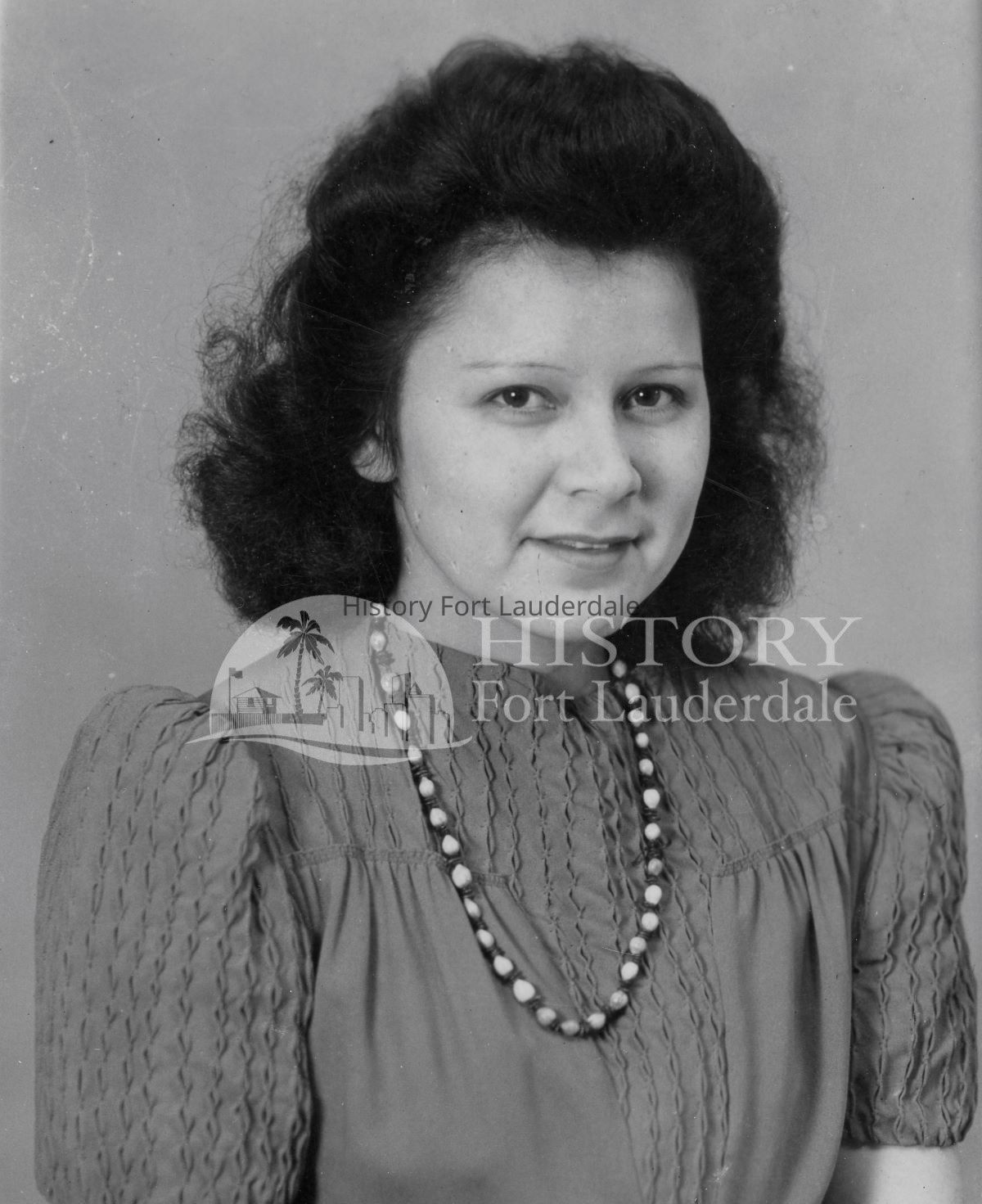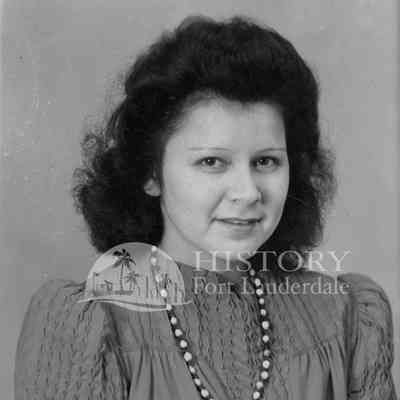Name/Title
Betty Mae Tiger JumperEntry/Object ID
5-3496Tags
Betty Mae Tiger Jumper, Seminoles, Women's HistoryDescription
Betty Mae Tiger JumperPhotograph Details
Subject Person or Organization
Jumper, Betty Mae TigerCollection
Women's History, History Fort Lauderdale Photograph CollectionCataloged By
Emeri CejkaLexicon
Nomenclature 4.0
Nomenclature Secondary Object Term
Print, PhotographicNomenclature Primary Object Term
PhotographNomenclature Sub-Class
Graphic DocumentsNomenclature Class
Documentary ObjectsNomenclature Category
Category 08: Communication ObjectsGeneral Notes
Note Type
Historical NoteNote
Betty Mae Tiger Jumper 1923-2011
Betty Mae Tiger Jumper was born to a Seminole mother and a white father in Indiantown (east of Lake Okeechobee near Jupiter). After an attempted attack on herself and family, they moved south to the government reservation in Hollywood. Betty Mae attended school in North Carolina and Oklahoma, becoming the first Seminole to graduate from high school. Later, she became a nurse. Armed with modern medicine and the ability to speak English, as well as Creek and Miccosukee, Betty Mae traveled to many remote Florida reservations to offer her medical skills and knowledge. Today, the health care clinic on the Hollywood reservation bears her name.
Photograph Courtesy of Broward County Historical Archives, Broward County Libraries
By 1957, after the tribe reorganized and was formally recognized by the United States Government, Betty Mae became the first vice chairwoman. Ten years later, urged on by tribal women, she squared off against three men for the seat of Seminole Tribal Chairman. Betty Mae won, becoming the Seminole’s first elected female Indian Chief from 1967 to 1971. Betty Mae accomplished much for her tribe. She united the Choctaw, Cherokee, and Miccosukee tribes together under a Declaration of Unity. She also campaigned to financially salvage the nearly bankrupt tribe. The idea was to lease lands to outsiders along State Road 7. By the time Betty Mae was done, the tribe had gone from $35 to a $500,000 surplus.Created By
eandrews@historyfortlauderdale.orgCreate Date
November 15, 2023Updated By
eandrews@historyfortlauderdale.orgUpdate Date
November 15, 2023
